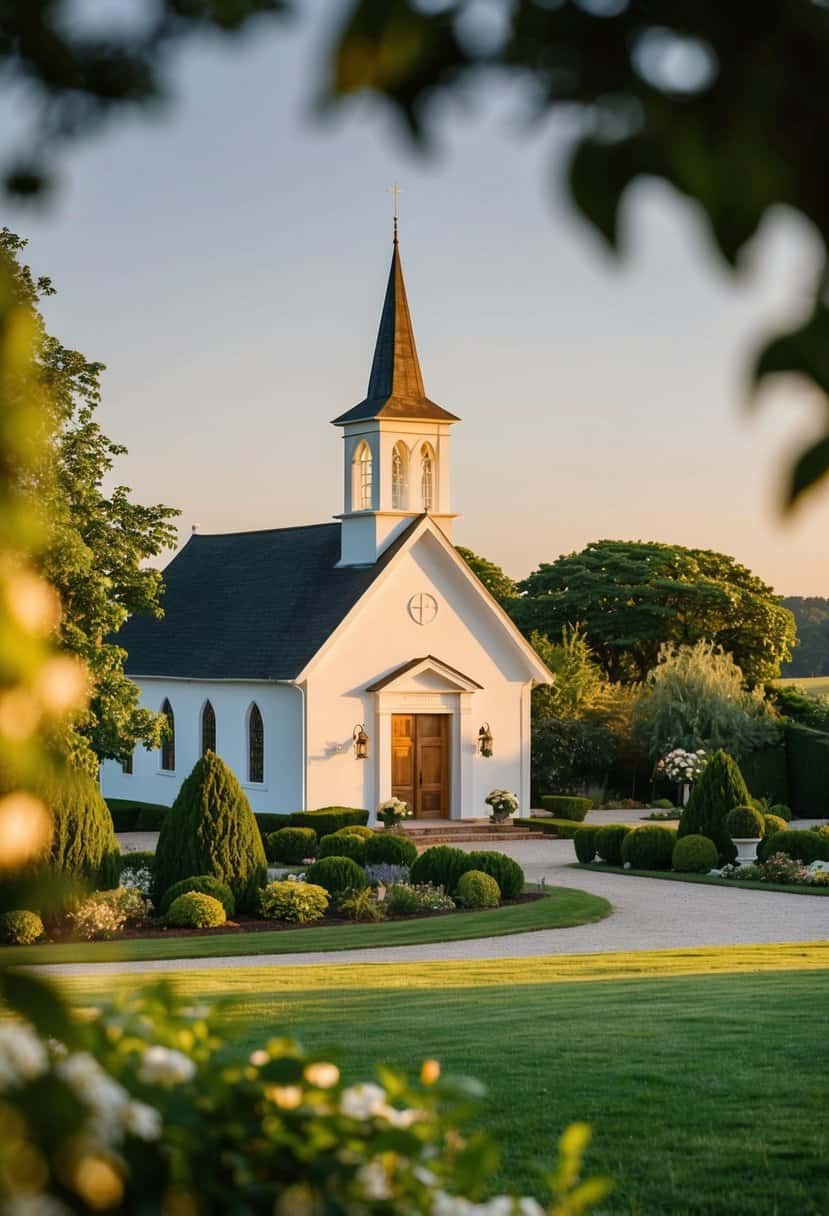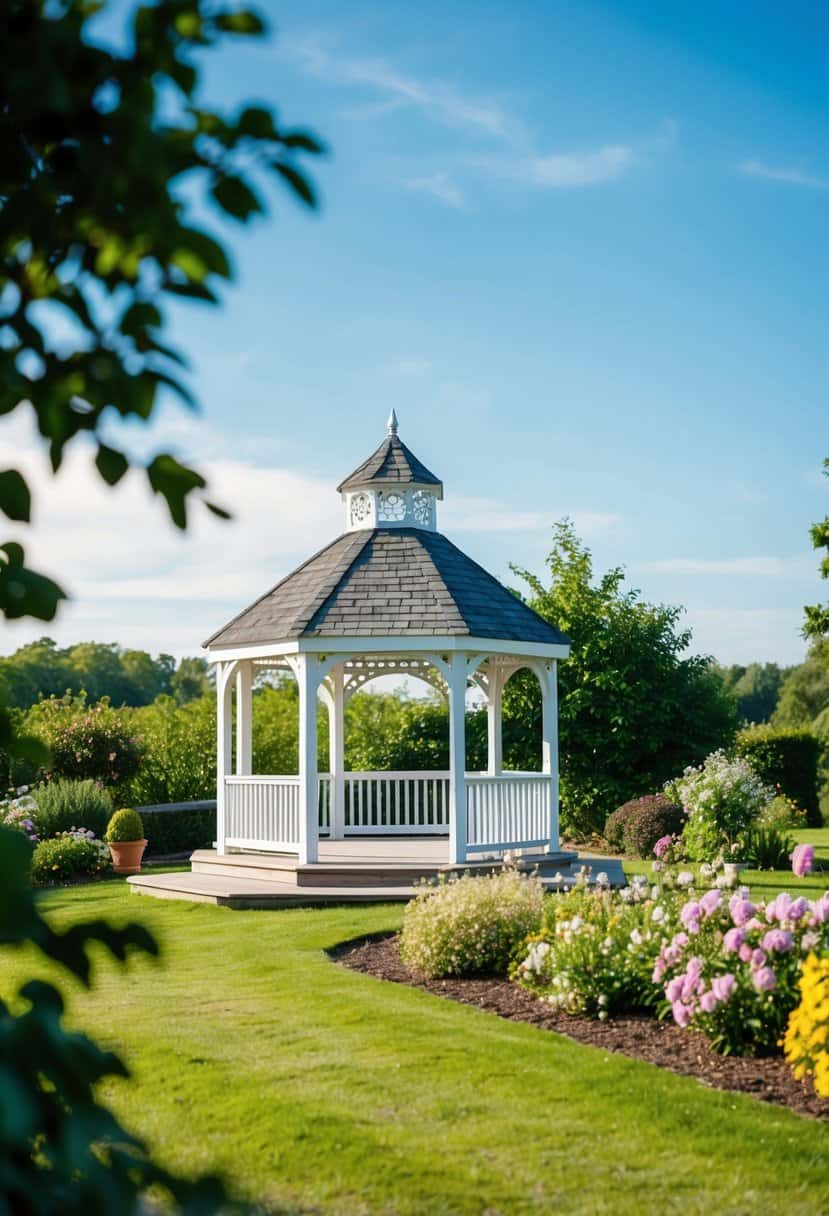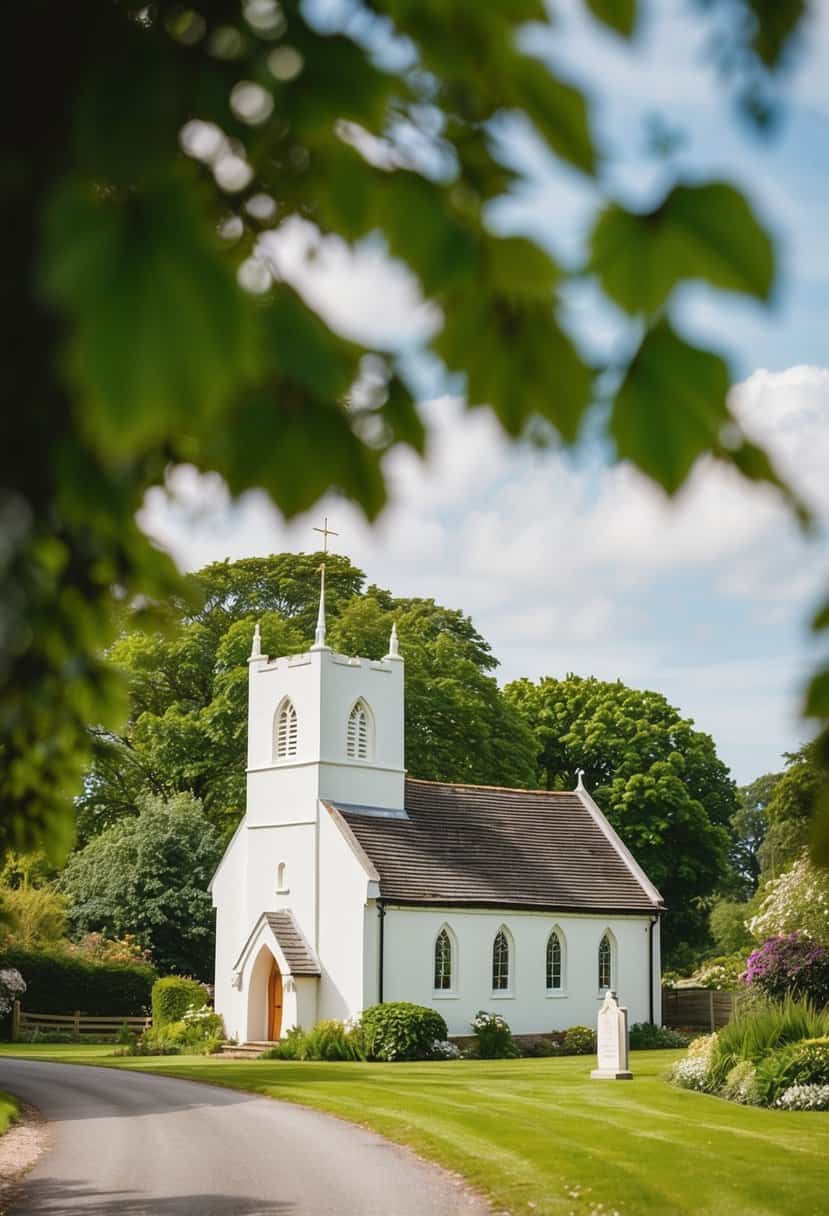What Day of the Week is Cheapest to Get Married in the UK? Discover Budget-Friendly Days
Planning a wedding can be both exciting and overwhelming, especially when it comes to budgeting. If you’re looking to save some money on your big day, consider choosing a day that can help ease the financial load. The cheapest day to get married in the UK is typically a Tuesday, with weddings on this day costing significantly less compared to the weekend.

Many couples automatically opt for a Saturday wedding, which is the most popular choice, but it also comes with a higher price tag. By choosing a less conventional day like Tuesday, you not only save money but also stand out with a unique celebration. This cost-saving choice allows you to allocate more of your budget to other important elements like the venue, dress, or even the honeymoon.
Consider the benefits of a midweek wedding and how it can positively impact your budget. A Tuesday wedding might be less traditional, but it could be the perfect start to a memorable and affordable celebration. With fewer couples tying the knot on weekdays, you may also find better availability for your preferred venues and vendors.
Understanding Wedding Costs

Wedding costs can quickly add up, making it essential for you to plan carefully. Focus on key areas like budgeting for attire and choosing a wedding venue to manage expenses.
It’s important to know where most of your budget will go and how different choices can affect overall costs.
Components of a Wedding Budget
When planning your wedding budget, think about the main components that will require spending. Key areas include attire, venue, catering, and entertainment.
-
Attire: Dress and suit costs can be around 7% of your budget. Make sure to include accessories like jewelry and shoes.
-
Catering: This usually takes up a large portion of the budget. Consider your guest count and meal options to control costs.
-
Entertainment: Costs for a DJ or band can vary widely. Make choices that align with your budget and preferences.
-
Other Expenses: Include flowers, photography, and invites in your calculations.
Carefully list and allocate funds to these major components, and keep track to avoid overspending.
The Impact of Wedding Venues on Costs
The venue often represents the biggest part of your wedding budget. Different factors influence the cost, like location, size, and date.
-
Location: Venues in city centers usually cost more than rural ones. Consider distance and accessibility for your guests.
-
Date and Time: Weekday weddings can be more affordable. For example, Tuesday offers significant savings compared to weekends, according to Bridebook.
-
Size: Bigger venues cost more. Keep your guest list in mind to avoid unnecessary expenses on a large venue.
By understanding these factors, you can make informed decisions and stick to your wedding budget.
Choosing Your Wedding Date

Selecting a wedding date involves considering both practical and personal elements. These can include the time of year, potential costs, and how popular those dates usually are.
Seasonal Considerations for Weddings
Choosing a season for your wedding can greatly affect the mood and budget. A winter wedding may be cheaper as it is typically the off-season. Fewer weddings occur in winter, so you might find better deals on venues and services.
Autumn weddings, on the other hand, offer beautiful scenery but tend to be more costly. It’s a popular time, thanks to the rich colors and mild weather. Spring, with weddings in March and April, can also provide charming backdrops, but the unpredictability of the weather can be a concern.
Popularity of Different Wedding Months
The month you choose can impact the ease of booking venues and services. Summer months are usually in high demand, quickly filling up with reservations. This can drive up costs due to peak demand.
On the flip side, choosing a date in less popular months like January, February, or March can save you money. An April wedding might offer a balance between cost and weather. Being flexible with your dates can help you find the best deals and stress less about availability, allowing you to focus on other exciting wedding details.
Midweek Vs. Weekend Weddings

When deciding between a midweek and weekend wedding, several factors come into play. Cost and guest availability are often top considerations. Midweek weddings offer savings, while weekends are popular for convenience.
Benefits of Midweek Weddings
Choosing a midweek wedding can be a cost-effective decision. Venues and vendors often charge less for bookings from Monday to Thursday. Many photographers might offer discounted rates, sometimes up to 20% less than weekend prices. Fewer bookings during the week mean more room to negotiate terms.
Guest attendance can be tricky with midweek dates. Some guests may have work commitments that make it harder for them to attend. However, smaller guest lists can make your event more intimate and personal.
Weekend Weddings: Pros and Cons
Weekend weddings are popular for a reason—more guests can attend without worrying about work. Saturdays are often the most preferred day, making it easy for out-of-town guests to travel. With more availability, the event can have a lively atmosphere.
The downside is the cost. Saturdays are usually the most expensive day, especially compared to a Tuesday. Venues and vendors charge higher weekend rates due to demand. Despite higher costs, many couples appreciate the convenience and lively vibe of weekend weddings.
Strategies for Saving on Your Wedding

Planning a wedding doesn’t have to break the bank. There are smart strategies you can use to save money without missing out on the magic of your special day. Consider choosing an off-peak time or exploring the benefits of having an outdoor wedding.
Choosing an Off-Peak Time
Picking a non-traditional day to say “I do” can lead to major savings. Weekends, especially Saturdays, are popular, making them the most expensive. Getting married on a weekday or during the off-season can slash costs significantly. According to Bridebook, weekdays like Monday through Thursday are much cheaper and often come with discounts on venues, catering, and photography.
You can also consider months outside the typical wedding season. In the UK, winter months are less in demand, cutting costs even further. Be sure to discuss options with your wedding planner to find the balance between budget and availability.
Considering an Outdoor Wedding
Outdoor weddings can reduce expenses by eliminating venue rental fees, which are often a major portion of the budget. Gardens or local parks can serve as beautiful, natural backdrops without the high price tag. These settings offer flexibility and can accommodate more guests if needed.
You should consider weather and permits when planning an outdoor wedding. Hiring a wedding planner familiar with outdoor events can help you navigate logistics. They can assist in arranging essentials like tents, chairs, and other rentals, ensuring everything runs smoothly and stays within budget.
Beyond the Wedding Day

Planning a wedding is just the start. After the big day, you’ll want to think ahead about your honeymoon and how to handle all the post-wedding tasks. From deciding on a dreamy getaway to sorting out logistics, there’s still plenty on your to-do list.
Honeymoon Planning
Your honeymoon is the perfect time to relax and celebrate your new life together. Consider your budget and desired destinations when choosing where to go. Popular choices include beach resorts, cultural cities, or adventurous locales.
Prepare a checklist for packing. Remember essentials like passports, tickets, and any special gear needed for activities. Discuss with your partner what type of experience you both want—whether it’s lounging by the sea or exploring new cities together.
Booking in advance can lead to savings on flights and accommodations, so plan early. Also, double-check travel advisories and health precautions for your chosen destination.
Post-Wedding Logistics
After the wedding festivities are over, a few logistical matters need addressing. First, make sure to send out thank-you notes to your guests for their presence and gifts. It’s a nice gesture and helps maintain your newfound connections.
Your wedding breakfast or brunch can be a wonderful way to spend extra time with close friends and family. Consider how you will store your wedding cake or extra decorations.
Lastly, review your wedding photography options. Decide if you’d like any changes or additional prints, ensuring you’re satisfied with how you’ll remember your big day.
Handling these tasks will help you transition smoothly into married life without leaving anything important behind.

